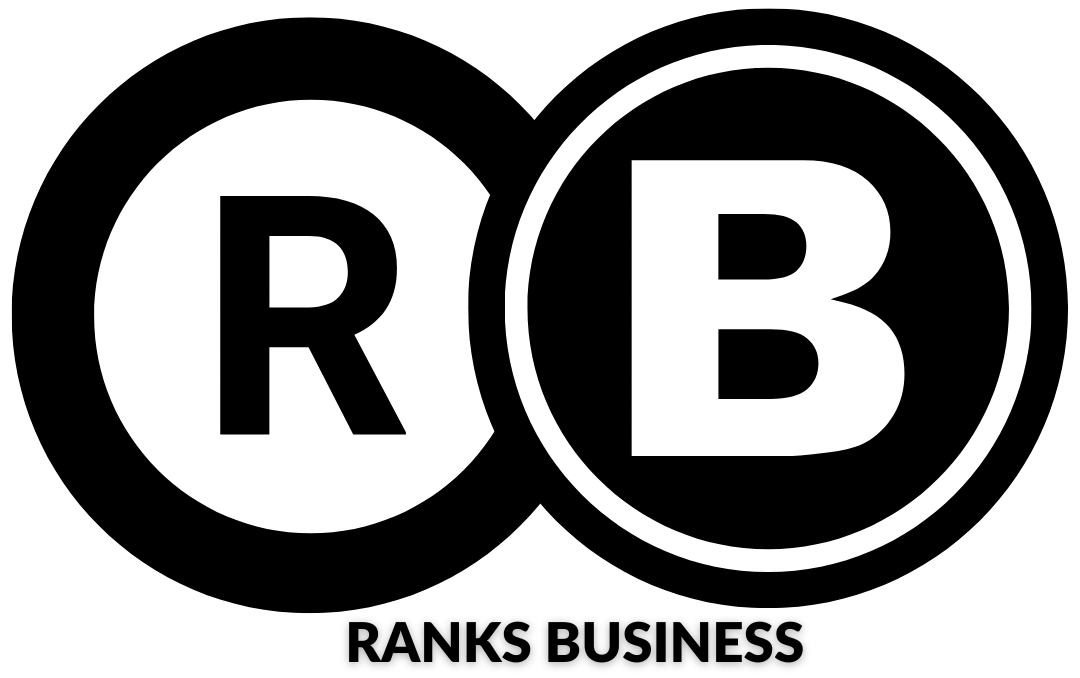A heated legal battle has emerged in Nigeria’s tech space, as Zap Africa and Paystack face off in a trademark dispute that has drawn significant attention to the gaps in the country’s intellectual property (IP) framework. This case not only underscores the pressing need for robust IP protections in Nigeria but also raises concerns about the broader implications for innovation within the burgeoning tech ecosystem.
At the center of the dispute is Zap Africa’s claim that Paystack has infringed on its registered trademark, alleging that the similarities in branding and services have led to market confusion. Paystack, a leading player in Nigeria’s fintech sector, has countered these allegations, asserting its rights and denying any wrongdoing. The case is now before the courts, with both companies presenting compelling arguments that could set an important precedent for IP law in the region.
Experts in the Nigerian tech space have voiced concerns that the lack of a comprehensive and enforceable IP framework could hinder the growth of startups and stifle innovation. “Trademark disputes like this reflect the growing pains of a rapidly expanding tech sector. However, without a clear and enforceable legal structure, these disputes risk discouraging entrepreneurs and investors,” says a leading intellectual property lawyer.
While the outcome of the case remains uncertain, it has already sparked conversations among tech stakeholders and policymakers about the urgent need for IP reforms in Nigeria. Many are calling for streamlined processes to register and protect trademarks, as well as increased awareness among startups about their IP rights and obligations.
The Zap Africa vs. Paystack legal battle is more than just a corporate dispute—it’s a wake-up call to address the vulnerabilities in Nigeria’s IP landscape. As the tech space continues to grow, so too must the legal protections that ensure fair competition and safeguard innovation.

